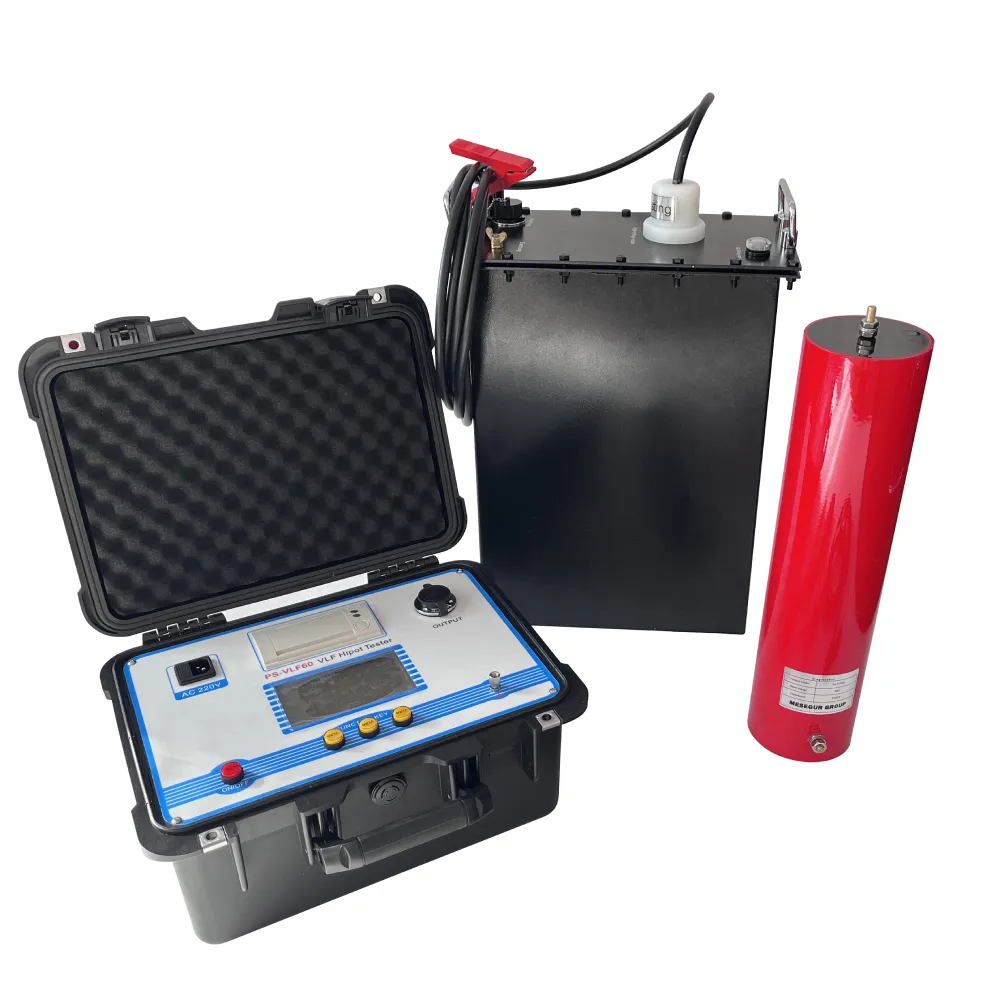TEL:
+86-0312-3189593
 English
English

Telephone:0312-3189593

Email:sales@oil-tester.com

-
 Afrikaans
Afrikaans -
 Albanian
Albanian -
 Amharic
Amharic -
 Arabic
Arabic -
 Armenian
Armenian -
 Azerbaijani
Azerbaijani -
 Basque
Basque -
 Belarusian
Belarusian -
 Bengali
Bengali -
 Bosnian
Bosnian -
 Bulgarian
Bulgarian -
 Catalan
Catalan -
 Cebuano
Cebuano -
 China
China -
 China (Taiwan)
China (Taiwan) -
 Corsican
Corsican -
 Croatian
Croatian -
 Czech
Czech -
 Danish
Danish -
 Dutch
Dutch -
 English
English -
 Esperanto
Esperanto -
 Estonian
Estonian -
 Finnish
Finnish -
 French
French -
 Frisian
Frisian -
 Galician
Galician -
 Georgian
Georgian -
 German
German -
 Greek
Greek -
 Gujarati
Gujarati -
 Haitian Creole
Haitian Creole -
 hausa
hausa -
 hawaiian
hawaiian -
 Hebrew
Hebrew -
 Hindi
Hindi -
 Miao
Miao -
 Hungarian
Hungarian -
 Icelandic
Icelandic -
 igbo
igbo -
 Indonesian
Indonesian -
 irish
irish -
 Italian
Italian -
 Japanese
Japanese -
 Javanese
Javanese -
 Kannada
Kannada -
 kazakh
kazakh -
 Khmer
Khmer -
 Rwandese
Rwandese -
 Korean
Korean -
 Kurdish
Kurdish -
 Kyrgyz
Kyrgyz -
 Lao
Lao -
 Latin
Latin -
 Latvian
Latvian -
 Lithuanian
Lithuanian -
 Luxembourgish
Luxembourgish -
 Macedonian
Macedonian -
 Malgashi
Malgashi -
 Malay
Malay -
 Malayalam
Malayalam -
 Maltese
Maltese -
 Maori
Maori -
 Marathi
Marathi -
 Mongolian
Mongolian -
 Myanmar
Myanmar -
 Nepali
Nepali -
 Norwegian
Norwegian -
 Norwegian
Norwegian -
 Occitan
Occitan -
 Pashto
Pashto -
 Persian
Persian -
 Polish
Polish -
 Portuguese
Portuguese -
 Punjabi
Punjabi -
 Romanian
Romanian -
 Russian
Russian -
 Samoan
Samoan -
 Scottish Gaelic
Scottish Gaelic -
 Serbian
Serbian -
 Sesotho
Sesotho -
 Shona
Shona -
 Sindhi
Sindhi -
 Sinhala
Sinhala -
 Slovak
Slovak -
 Slovenian
Slovenian -
 Somali
Somali -
 Spanish
Spanish -
 Sundanese
Sundanese -
 Swahili
Swahili -
 Swedish
Swedish -
 Tagalog
Tagalog -
 Tajik
Tajik -
 Tamil
Tamil -
 Tatar
Tatar -
 Telugu
Telugu -
 Thai
Thai -
 Turkish
Turkish -
 Turkmen
Turkmen -
 Ukrainian
Ukrainian -
 Urdu
Urdu -
 Uighur
Uighur -
 Uzbek
Uzbek -
 Vietnamese
Vietnamese -
 Welsh
Welsh -
 Bantu
Bantu -
 Yiddish
Yiddish -
 Yoruba
Yoruba -
 Zulu
Zulu
ਫਰ. . 14, 2025 09:55
Back to list
transformer commissioning tests pdf
Unlocking the Efficiency and Reliability of Transformer Commissioning Tests
Moreover, understanding the transformer's behavior under different loads is crucial. Load tests evaluate the efficiency and voltage regulation of the transformer when operating under simulated full-load conditions. This comprehensively assesses the ability of the transformer to deliver consistent performance under variable load scenarios, a factor that is increasingly vital given the fluctuating demand patterns of today’s energy consumption. To reinforce the commissioning process, the Dielectric Frequency Response (DFR) test is utilized. This test measures the dielectric properties of the transformer's insulation system over a range of frequencies, providing insights into moisture content and insulation aging. Such insights are invaluable, as moisture can drastically reduce the lifespan of a transformer and increase the risk of failure. The significance of transformer commissioning tests in safeguarding electricity distribution networks cannot be overstated. They offer meticulous analyses that enhance transformer reliability, performance, and service life, mitigating unforeseen disruptions in power supply. Furthermore, the integration of these tests into standard commissioning protocols underscores a commitment to safety and quality assurance. Companies adopting comprehensive testing strategies vouch for fewer operational hiccups, enhance profitability, and maintain the trust of stakeholders. Professionals involved in commissioning need to remain cognizant of evolving testing technologies and standards. Keeping abreast of advancements not only enhances the accuracy and reliability of test results but also aligns with global best practices, ultimately reflecting the organization’s expertise and authoritativeness in the market. In conclusion, transformer commissioning tests are an integral element in the lifecycle of a transformer, intricately linked to performance efficiency and operational safety. By adopting a detailed and systematic approach to these tests, stakeholders effectively ensure the robustness of power supply infrastructures, encouraging trust and fostering an assurance of continuous innovation within the electrical distribution realm.


Moreover, understanding the transformer's behavior under different loads is crucial. Load tests evaluate the efficiency and voltage regulation of the transformer when operating under simulated full-load conditions. This comprehensively assesses the ability of the transformer to deliver consistent performance under variable load scenarios, a factor that is increasingly vital given the fluctuating demand patterns of today’s energy consumption. To reinforce the commissioning process, the Dielectric Frequency Response (DFR) test is utilized. This test measures the dielectric properties of the transformer's insulation system over a range of frequencies, providing insights into moisture content and insulation aging. Such insights are invaluable, as moisture can drastically reduce the lifespan of a transformer and increase the risk of failure. The significance of transformer commissioning tests in safeguarding electricity distribution networks cannot be overstated. They offer meticulous analyses that enhance transformer reliability, performance, and service life, mitigating unforeseen disruptions in power supply. Furthermore, the integration of these tests into standard commissioning protocols underscores a commitment to safety and quality assurance. Companies adopting comprehensive testing strategies vouch for fewer operational hiccups, enhance profitability, and maintain the trust of stakeholders. Professionals involved in commissioning need to remain cognizant of evolving testing technologies and standards. Keeping abreast of advancements not only enhances the accuracy and reliability of test results but also aligns with global best practices, ultimately reflecting the organization’s expertise and authoritativeness in the market. In conclusion, transformer commissioning tests are an integral element in the lifecycle of a transformer, intricately linked to performance efficiency and operational safety. By adopting a detailed and systematic approach to these tests, stakeholders effectively ensure the robustness of power supply infrastructures, encouraging trust and fostering an assurance of continuous innovation within the electrical distribution realm.
Previous:
Latest news
-
Testing Equipment Industry Sees Major Advancements in 2025: Smart & Precision Technologies Lead the WayNewsJun.06,2025
-
Applications of Direct Current Generators in Renewable Energy SystemsNewsJun.05,2025
-
Hipot Tester Calibration and Accuracy GuidelinesNewsJun.05,2025
-
Digital Circuit Breaker Analyzer Features and BenefitsNewsJun.05,2025
-
Benefits of Real-Time Power Quality Monitoring Devices for Industrial EfficiencyNewsJun.05,2025
-
Earth Fault Loop Testing in High-Rise Building Electrical SystemsNewsJun.05,2025



